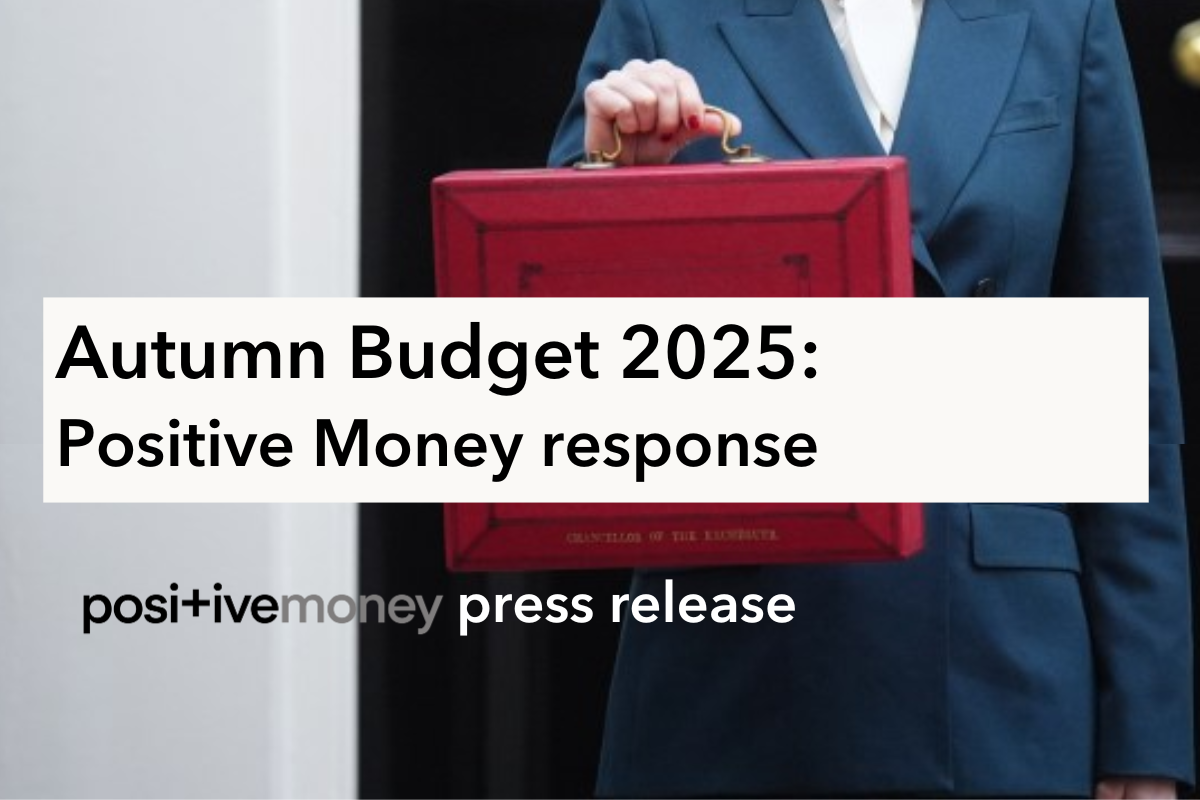
MacroeconomicsUK
26 November 2025
London, Friday 21st October 2022
The Bank of England has written to finance CEOs warning that firms must demonstrate “further progress” on tackling climate risks.
In a letter from Deputy Governor Sam Woods, the Bank warns that firms falling short of supervisory expectations will be asked to provide a “roadmap explaining how they intend to overcome the gaps”, and that regulators may also use “wider supervisory tools” to ensure risks are being appropriately managed. The Bank has been actively supervising firms’ progress on climate for the first time in 2022.
The Bank of England’s inaugural conference on “Climate and Capital” concluded yesterday. In his opening remarks on Wednesday, Sam Woods told attendees that the Bank has a “completely open mind” on whether capital rules need to be adjusted to manage climate risks. LSE Professor Lord Nicholas Stern highlighted the need to grapple with the “pace and scale” of the net-zero transition, warning the conference that “this is public policy as if time matters”.
Economists and campaigners wrote to the Bank on Wednesday calling for changes to capital rules to break the finance-climate ‘doom loop’ in which financial activities continue to fuel the climate crisis and in turn increase risks to the financial system itself.
Earlier this month, new research suggested that the world’s 60 biggest banks have over £1.2 trillion ($1.35 trillion USD) of exposures to fossil fuel assets, and that the capital increase needed to reflect risk is equivalent to 3-5 months of bank profits.
Fran Boait, executive director of research and campaign group Positive Money, commented:
“The Bank of England is ramping up its expectations of financial firms, but this is the decisive decade for climate action and we can’t wait for the sector to move of its own accord.
“We need regulators to act on what we already know, that there is no room for oil and gas expansion in any credible net zero transition pathway, and that further investment will expose the UK to serious financial stability risks.
“With fossil fuel exposures of the world’s 60 biggest banks exceeding £1.2 trillion, the Bank must not delay any further in setting higher capital charges for fossil fuel investments to force banks to cover their own losses when loans go bad, instead of falling back on the public purse.”
Notes
Letter from Sam Woods ‘Thematic feedback on the PRA’s supervision of climate-related financial risk and the Bank of England’s Climate Biennial Exploratory Scenario exercise’, 21 October 2022: https://www.bankofengland.co.uk/prudential-regulation/letter/2022/october/managing-climate-related-financial-risks
The Bank of England’s Climate and Capital Conference took place on the 19-20 October 2022: https://www.bankofengland.co.uk/events/2022/october/climate-and-capital-conference
Live – BoE climate and capital conference: open minds but plenty of work ahead: https://greencentralbanking.com/2022/10/19/live-boe-climate-and-capital-frameworks-in-the-spotlight/
Open letter from economists to the Bank of England, ‘Breaking the Climate-Finance Doom Loop’, New Economics Foundation, 19 October 2022: https://neweconomics.org/2022/10/breaking-the-climate-finance-doom-loop
Finance Watch Report, ‘Report – A safer transition for fossil banking: Quantifying capital needed to reflect transition risk’, 3 October 2022: https://www.finance-watch.org/publication/a-safer-transition-for-fossil-banking/
The results of the Bank’s 2021 Climate Biennial Exploratory Scenario (CBES), May 2022: https://www.bankofengland.co.uk/stress-testing/2022/results-of-the-2021-climatebiennial-exploratory-scenario.
CBES results suggested that participating banks would face an extra £110 billion of losses in a ‘Late Action’ scenario where the net zero transition is delayed by a decade and global warming rises to 1.8C by 2050. The Bank projects that total losses for the financial sector would reach nearly £350 billion in a severe physical risk scenario where no additional action is taken. See: Positive Money response, ‘Stress tests show climate delay could cost banks an extra £110 billion’: https://positivemoney.org/2022/05/stress-tests-show-climate-delay-could-cost-banks-an-extra-110bn/
The Bank of England’s Climate Change Adaptation Report, October 2021: https://www.bankofengland.co.uk/prudentialregulation/publication/2021/october/climate-change-adaptation-report-2021.
About
Positive Money is a research and campaign organisation working towards a money and banking system which supports a fair, democratic and sustainable economy. Set up in the aftermath of the financial crisis, we are a not-for-profit company funded by charitable trusts and foundations, as well as small donations from its network of over 65,000 supporters. www.positivemoney.org.uk.
For more information from Positive Money or to arrange a briefing/interview with a spokesperson, please contact press@positivemoney.org.uk or Anna Pick on 07948802104.
ENDS.
